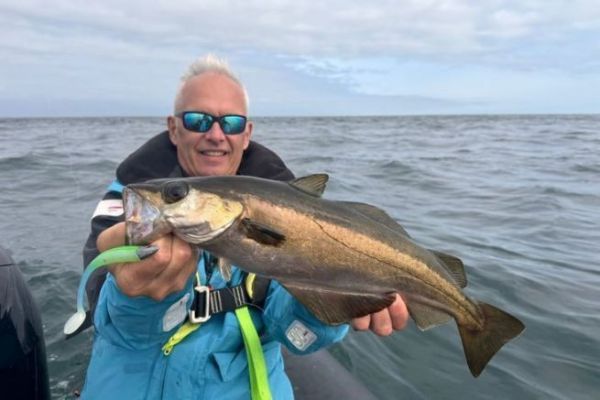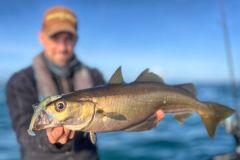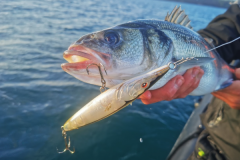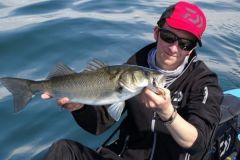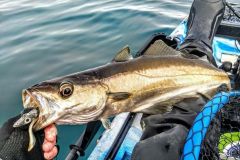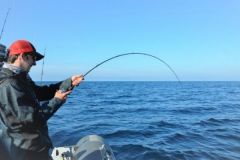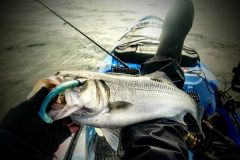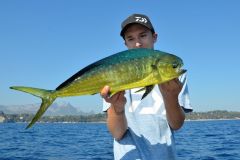Strict regulations for pollack in ICES zones 7 and 8
Pollack (Pollachius pollachius), an emblematic species of French waters, is subject to specific measures in ICES zones 7 (Celtic Sea and Western Channel) and 8 (Bay of Biscay). From now on, each recreational fisherman will only be able to catch and hold a maximum of two specimens per day, in a similar manner in these 2 zones.
Following on from 2024: all fishing for this species is prohibited between January 1 and April 30, a period corresponding to its natural reproduction cycle. This measure aims to protect stocks and encourage their renewal. In addition, the practice of "catch and release" (or "no kill") is now prohibited, an unprecedented provision that could raise questions among fishing enthusiasts. But it does mean that you can't go looking for this species, let alone keep it, even alive, in your tank.
These restrictions replace those of the previous decree (March 2024) and reflect the authorities' determination to step up efforts to ensure the sustainability of fish stocks.
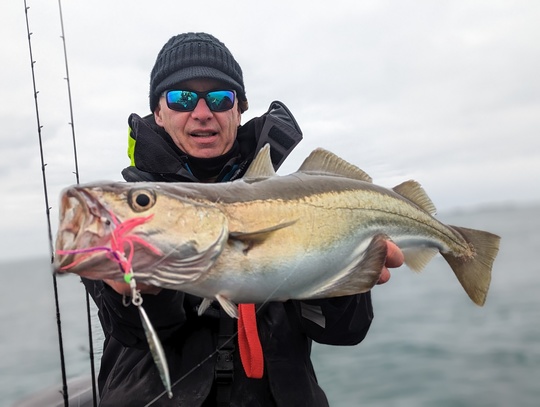
Minimum catch sizes revised to protect juveniles
The decree modifying minimum catch sizes for marine species also introduces some new features. For pollack, the minimum size is now standardized at 42 cm in all geographical zones (ICES 7 AND 8). This decision ensures that only adult specimens, which have had time to reproduce, can be caught.
As for lobster (Homarus gammarus), the minimum catch size has been set at 9 cm (cephalothorax length), doing away with the regional distinction previously in force in northern France. This change harmonizes practices and reflects a rigorous approach to protecting this crustacean prized by fishermen and gourmets alike.
A balance between recreation and preservation
These regulations reflect a growing awareness of the challenges facing marine biodiversity. They are a reminder that recreational fishing, while important to thousands of enthusiasts, must adapt to avoid compromising the sustainability of species, and consequently the future of our passion.
For fishermen, this will mean rethinking their practices. The new rules will require rigorous monitoring of catches and a better understanding of the biological periods of target species. Ultimately, these efforts should make it possible to preserve marine ecosystems while guaranteeing the long-term future of recreational fishing. At least, we can hope so. It has worked well for bluefin tuna.
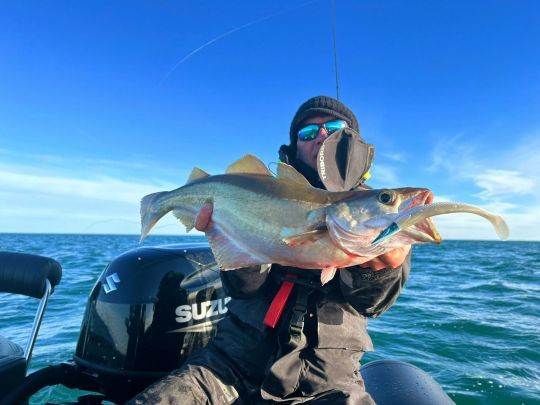
In conclusion
These two decrees mark an important turning point for recreational fishing in France. While the constraints may seem significant, they reflect an essential ambition: to protect our oceans and the species that live in them. Respecting these rules means playing an active part in preserving marine biodiversity, and passing on to future generations the pleasure of sustainable, responsible fishing.
As fishermen, let's adapt to these new requirements and use them as an opportunity to promote practices that respect the sea and its riches.

 /
/ 